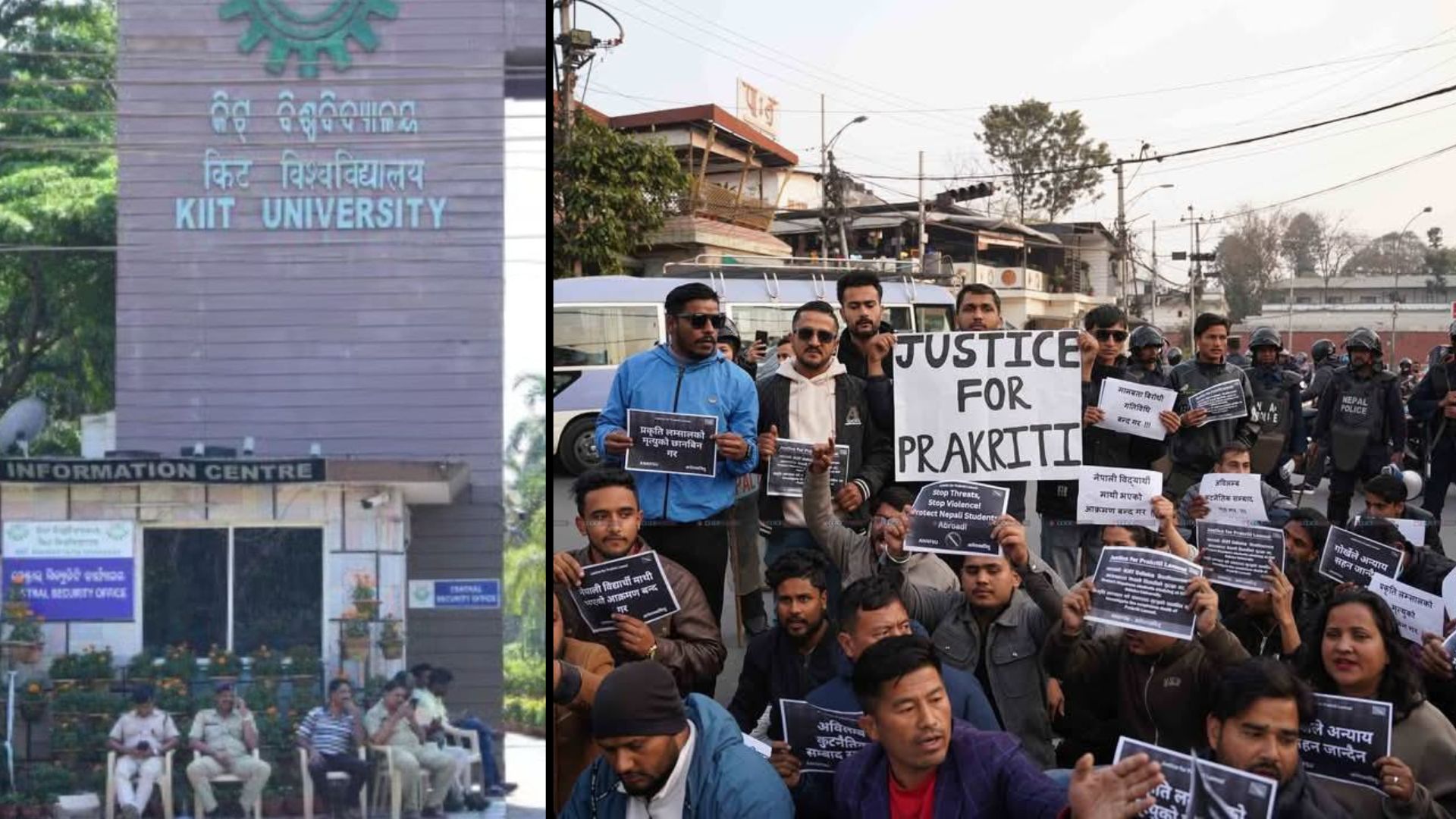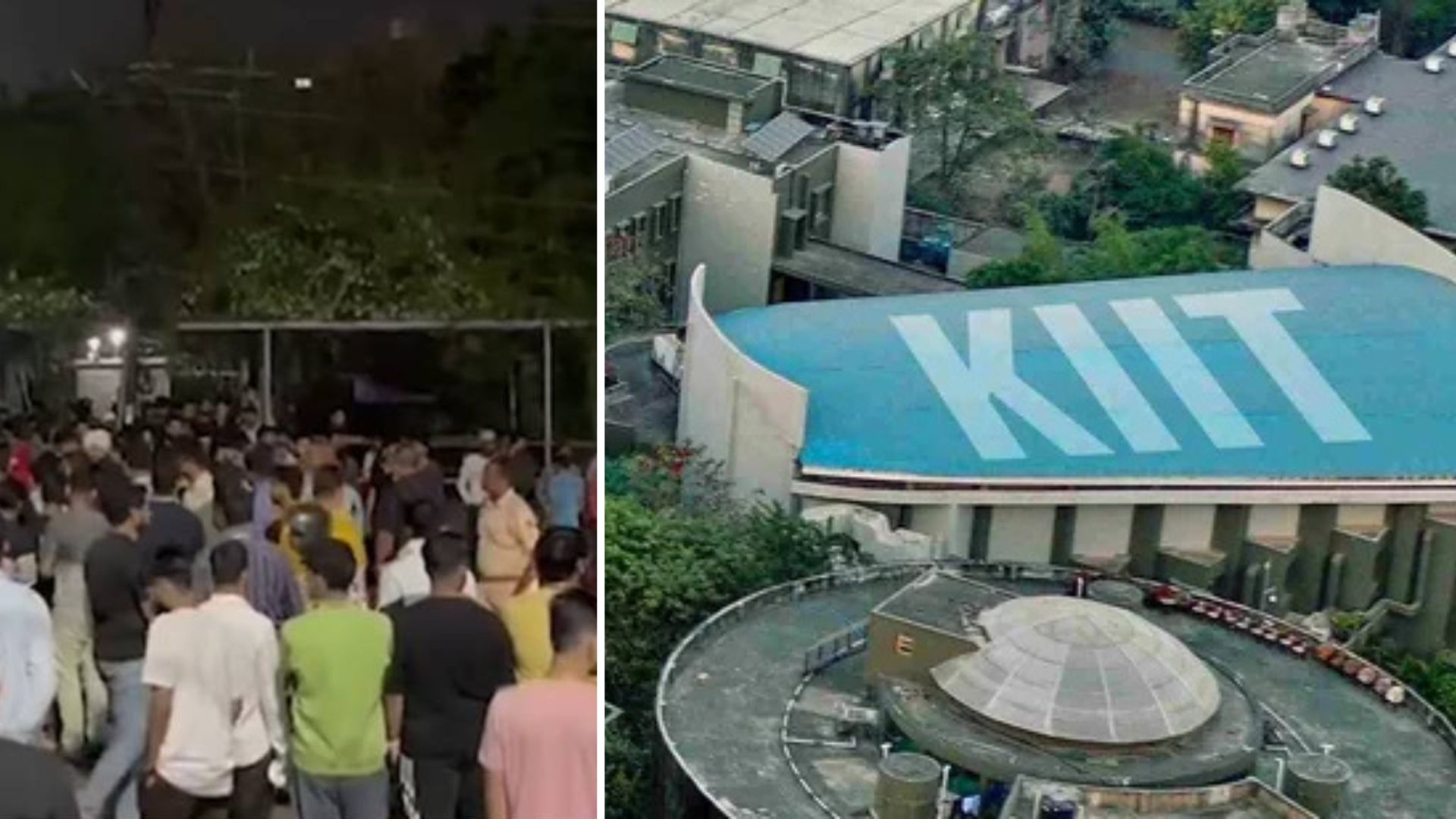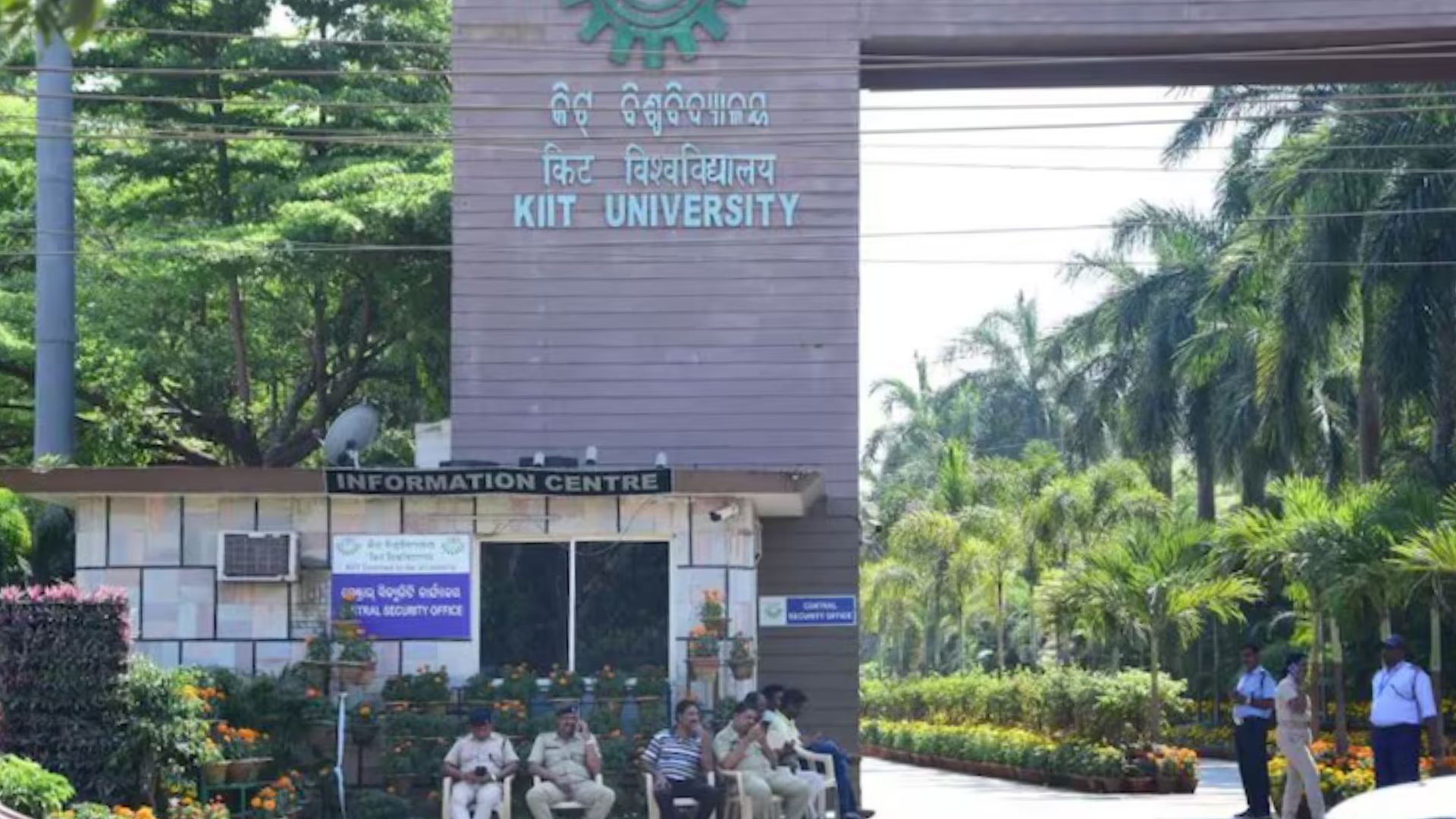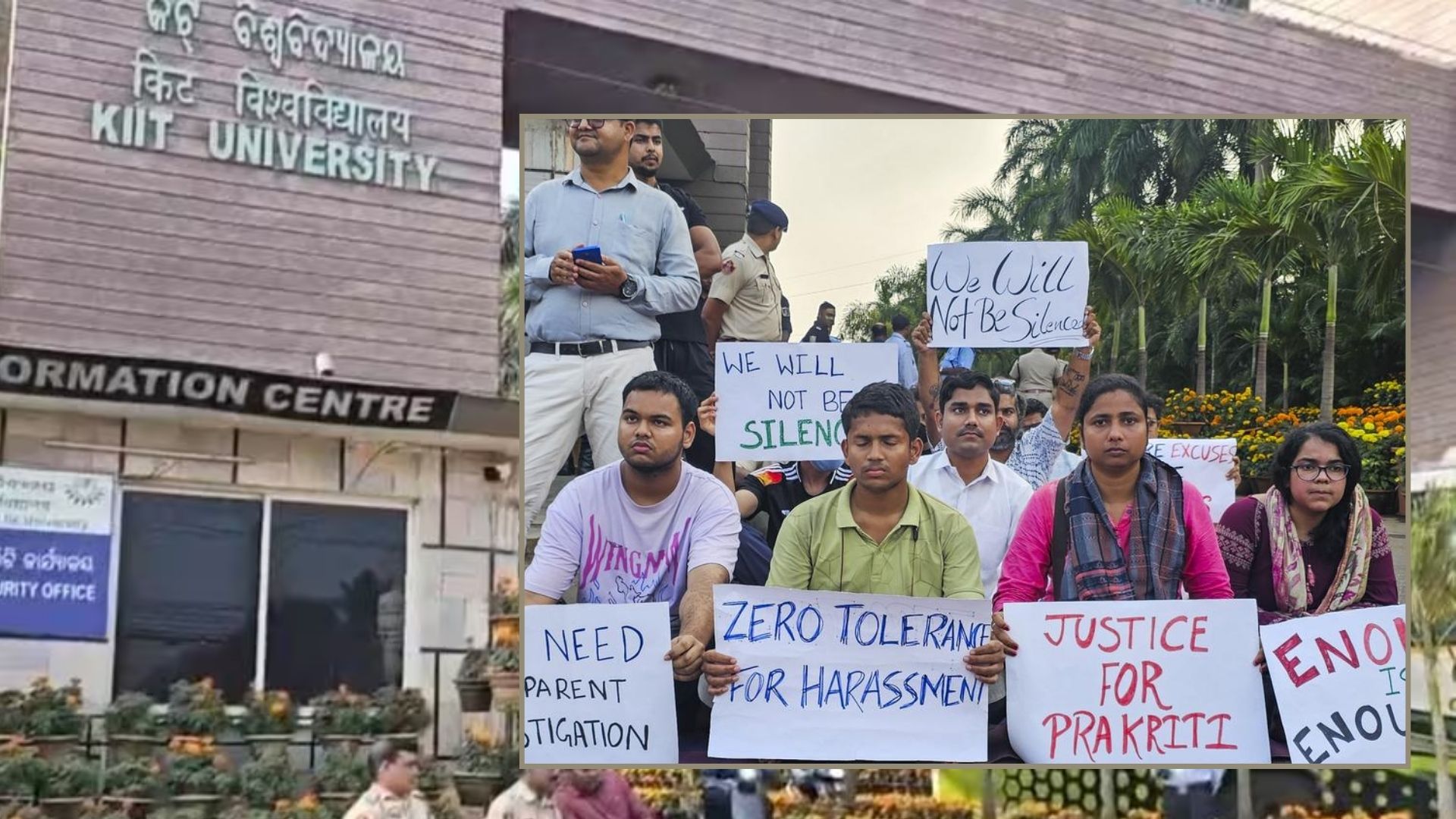
KIIT Student Arrested in Connection to Nepali Student's Death
(The Economic Times): According to local media sources from Odisha, police in Bhubaneswar detained a third-year student on Monday in relation to the suicide of a 20-year-old Nepali student. The person who was apprehended was identified as Advik Srivastava, a Lucknow native who is 21 years old.
Prakriti Lamsal, a Nepalese third-year BTech student, is said to have committed suicide on February 16 by hanging herself in her dorm room. It is believed that the occurrence is connected to a problematic relationship with a Kalinga Institute of Industrial Technology (KIIT) classmate.
Many Nepali students protested in response to the tragedy, calling for justice and the arrest of the student they felt was to blame for her suffering. The Nepalese student community expressed outrage about the incident, and the protests raised pressure on authorities to act. Regarding the situation, the Nepalese Embassy in India said that it was in contact with the Odisha state government and KIIT officials.
Deeply saddened by the event, the Indian Embassy in Kathmandu sent its sympathies to the family of the dead student and described the loss as unfortunate. Additionally, the embassy verified that an investigation into the situation had been initiated by Indian authorities. The administration of KIIT encouraged Nepali students to come back to school, promising to make up for whatever inconveniences the incident may have caused to their studies.
Tensions increased earlier in the day when KIIT gave the order for all Nepali students to leave the school right away. Without making any preparations for their return home, more than 500 Nepali students were taken to Cuttack Railway Station, which is 30 kilometers from the institute. Many students were upset by the abrupt decision because they were ill-prepared and lacked trip tickets.
All Nepali students were instructed to vacate the university's grounds immediately after KIIT published a notice announcing an indefinite shutdown. Numerous students voiced their displeasure with the sudden decision, pointing out that they were currently preparing for exams, which were set to start at the end of February. They were worried about their academic future because of the uncertainties.
As events unfolded, students were left stranded and confused of what to do next. Since they lacked clear plans for their immediate stay or return to Nepal, some people complained about the administration's lack of coordination. Many questioned if the approach was equitable to the greater Nepali student population, which led to criticism of the move.
Later, in response to mounting criticism, KIIT changed its mind and permitted the Nepali students to reenter the campus. The institute encouraged them to return to their lessons and remain in their dorms, assuring them that it would not hinder their academic achievement. Restoring them on campus was perceived as an attempt by the administration to reduce tensions.
The circumstances surrounding the student's death are still being looked into by Indian authorities, who are looking into possible causes of her suffering. The case will be clarified by the court procedures against the student who was arrested. To guarantee a solution that takes into account both justice for the departed and security for Nepali students at the university, talks between university authorities, law enforcement, and diplomatic representatives are still going on.
Wider worries about how foreign students are treated in India, especially with relation to institutional reactions to emergencies, have been raised by the occurrence. The prompt expulsion of students from campus and the decision's subsequent reversal underscore the difficulties in handling delicate circumstances.



.jpg)



